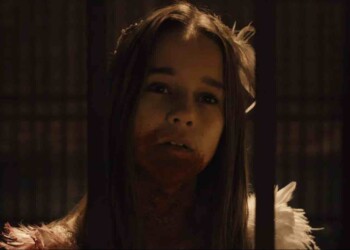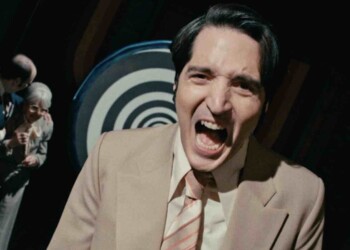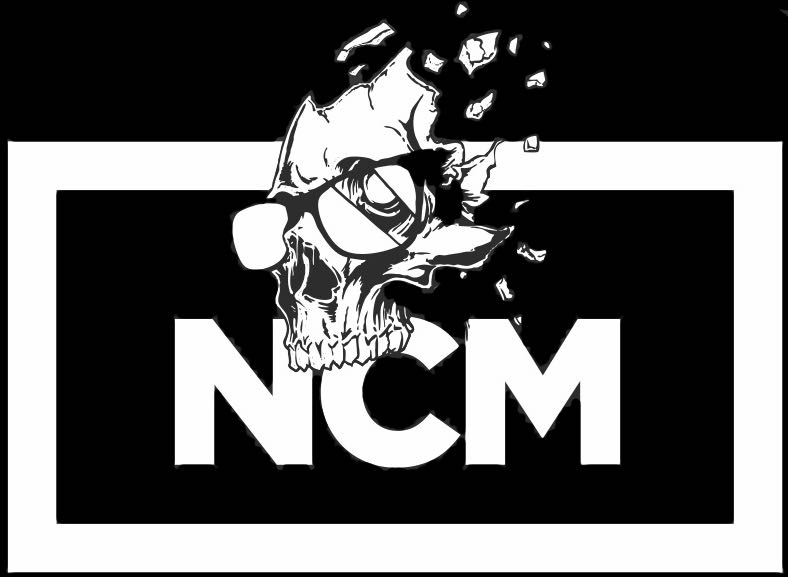I am not the kind of human that gets offended. It’s a quality that is almost required if you want to be an active reader of creator owned comic books. Many writers and artist like to play on the Garth Ennis playground, testing the limits of what a creator can do in a landscape all but free of editorial or FCC oversight. These kinds of books occupy the same real estate that the “grindhouse” genre does in film. They are violent, gory tales, dotted with sexual depravity.Really, anything the creators can think of to spawn a reaction form their readers.
These books have their place in the industry and on occasion (such as the above mentioned Garth Ennis’ legendary, Preacher) can ascend beyond shock and schlock to be exceptional examples of sequential storytelling.
I began reading Big Man Plans #1 with the fear that I was again hopping onto the empty calorie meal of dark comedy, and gore with trite noir narration, that is over saturated with two dollar words.
I feel like it was a fair mindset to enter with. The book is about a little person, who is hardened by an unforgiving rural upbringing, made numb by a melodramatic family tragedy and formed into a murderous antihero by a secret, Vietnam era, government program employed to develop soldier capable of fighting in Vietcong rat holes.
It’s a silly and imaginative set up for the “Charles Bronson, but a dwarf this time,” man on a mission storyline. In the hand of a less gifted creative duo, the concept could have become exploitative. It could have been a constant regurgitation of “hey, isn’t funny how the short dude killed all the regular people ” joke.
The Goon creator Eric Powell is far too talented a writer to fall into such basic traps and as Big Man Plans’ story developed my fears became unjustified.
The dwarfism of the main character, who is only ever referred to as Big Man, is never played as a joke or gimmick. Instead, it is an organic part of the character. Something that molded him through the pressures of physical limitations and societal marginalization the condition brings.
The book never acknowledges the ridiculousness of its own premise, instead choosing to play it straight. Again, in less talented hands this could have produced an spectacularly tone-deaf failure but Powell nails it.
Readers are familiar with the origin tale of the antihero. Man suffers tragedy, man is hardened by said tragedy, man enacts violent justice on world to give purpose to said tragedy. It’s an exhausted theme, but it is one that is executed here with novel elements and told with a series of touching set pieces.
Big Man and his sister grow up on a farm in rural Tennessee, raised by an optimistic, loving father and a shallow, sensitive mother. Big Man’s mother leaves the family due to the societal sigma brought on by having a little person for a son. This drives Big Man’s father to drink, which leads to him perishing in a fire.
There are a few clichés in that plot line, yes, but they are buried in the deftness of the storytelling.
Watching an adolescent Big Man straining to push a plow whose handles hang a foot over his head, all the while crying that he promised his late father he would take care of the farm, is a beyond effective way to communicate who this character is and how his suffering has molded him. It buries triteness and heavy-handedness and invests the reader more in the character than the splashy violence and fantastical scenarios that follow.
This deep connection Powell builds with Big Man becomes the circulatory system of the story. It makes all the grenades in coffee cups and tire iron bludgeonings feel like they are part of a greater living whole, rather than just vapid gore candy.
The art frames and progresses all this with great precision. There is a perfect economy of close up shots to communicate characters emotions subtly. Backgrounds melt into sharp, solid color pallets to emphasize actions in the foreground and bathe scenes in certain moods. It all presents itself with clarity of vision found only in books that are written and drawn by the same person.
Eric Powell and Tim Wiesch have hidden a loved and crafted character piece under the grindhouse marquee. Big Man Plans is constantly surprising. It hangs its fun, dumb and gory ornamental pieces on a solid emotional core and proves to have more heart than blood.






